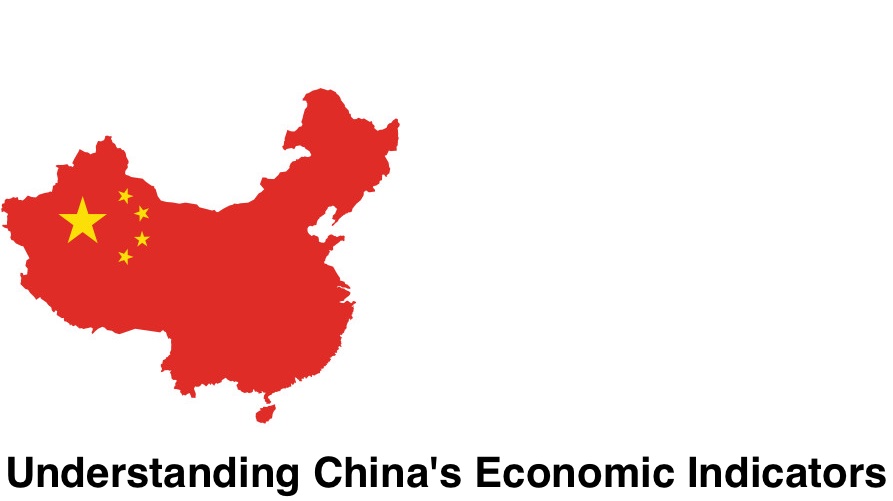How Reliable Are China’s Economic Statistics?
With China now the world’s second largest economy, the reliability of China’s economic data has never been more important. One popular misconception is that statistical data in China is a crude propaganda tool used to justify policy post-facto. Even Li Keqiang, now China’s Premier, was famously reported to express skepticism over the numbers.
However, while there may have been elements of truth to this picture during periods such as the Great Leap Forward, understanding China’s economic statistics today requires a more nuanced approach. Given China’s vital role in the global economy, and the emerging imbalances, the need to understand China’s data is more important than ever.
Since the start of the reform period, there has been a transformation in the way China’s economic data is gathered. In general, there has been a huge improvement in terms of both accuracy and scope.
Political pressure continues to influence statistical data gathering, not least the need to maintain the magical eight percent growth figure, but since the 1990s there has been a conspicuous effort to reduce the NBS’s reliance on locally compiled data and make those responsible more accountable. The remarkably candid figures published following the Financial Crisis, illustrate this changing attitude.
Now, in terms of national output, fixed asset investment and retail sector data, many of China’s largest enterprises report directly to the NBS. The NBS is also now more willing to openly revise down figures from local authorities giving additional credibility to the figures.
Besides institutional bias and political pressure, the rapidly increasing complexity of the Chinese economy makes the job even more difficult. During the heyday of the centrally planned Chinese economy, collection of data was relatively simple. When all workers were State workers and all production State production, auditing State enterprises yielded reliable figures, at least in theory.
However, new products, services and companies are entering the market everyday. An inability to keep up with the pace of economic change is increasingly becoming a more serious impediment to data collection than political coercion.
Another major factor complicating data collection is an inherent mistrust of government agencies. The NBS is not sinister organisation but Chinese society tends to have an inherent intransigence to the collection of information going back far into Chinese history. From peasants hiding produce from greedy tax collectors through modern day corrupt officials keen to hide ill-gotten gains, to businesses small and large that keep multiple sets of books.
Another factor, which makes making sense of the data yet more difficult, is the secrecy surrounding the way the data is collected. A level of State secrecy usually reserved for national defence seems hardly necessary to safeguard the contents of shopping basket by which CPI rises are measured. Nevertheless the exact weighting remains a mystery. This level of secrecy may not directly compromise the integrity of the information provided, but it does clearly leave room for others to question the validity.
In short, the system of collection is flawed, and some sets more reliable than others. But it is an outdated view to see them as nothing more than the dead hand of the Communist party’s propaganda department. The purpose of this site is to elucidate the ways in which this data is collated; what the potential errors are in the way that information is collected; how to interpret that data and what it can reasonably tell you about the Chinese economy at large.
Next Steps…
If you’re interested in our work or would like to know more about our services then get in touch.
Contact Us